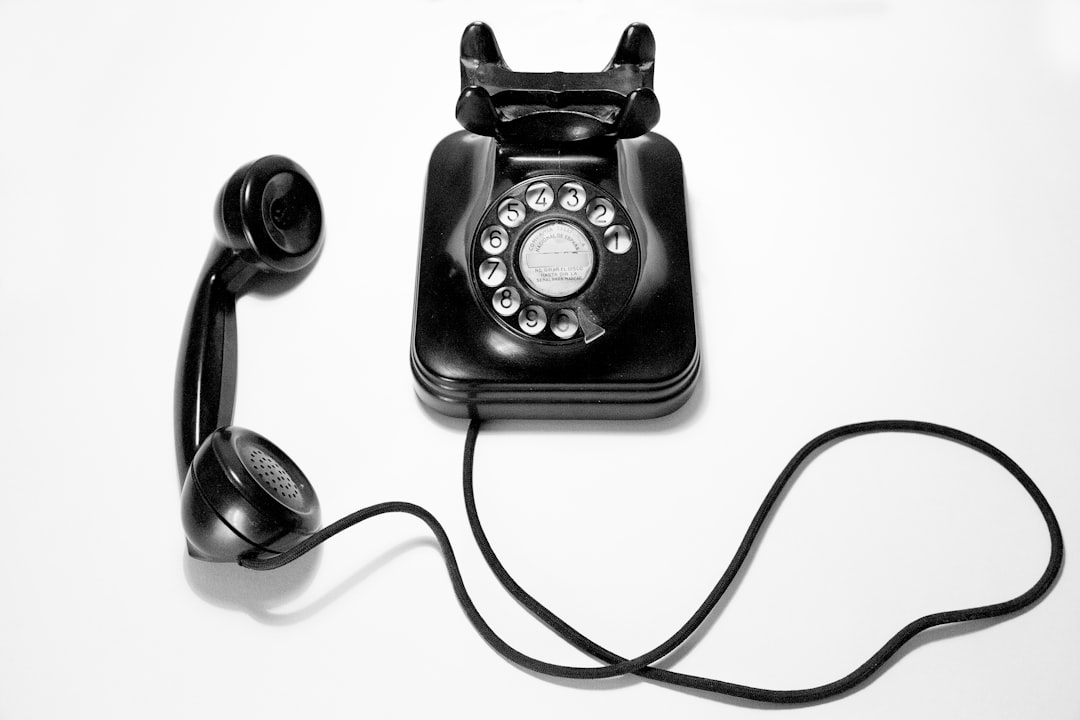In recent years, robocall technology facilitated by advanced autodialers has transformed consumer communication, raising significant privacy concerns. Nevada residents enjoy protections under state laws that regulate telemarketing practices. The use of auto-dialers in Nevada sparks legal debates over consumer privacy rights, with legal experts emphasizing the role of the Telephone Consumer Protection Act (TCPA) in restricting automated calls without prior consent. Auto-dialer lawyers in Nevada protect consumers' rights and hold businesses accountable to ethical marketing standards. These professionals assist in navigating privacy rights, filing complaints, seeking damages, and blocking future robocalls.
“The proliferation of robocalling technology has dramatically altered consumer communication, raising significant privacy concerns. This article delves into the impact of automated voice systems on individual rights, focusing on Nevada’s legal landscape. We explore how auto-dialers navigate existing privacy laws and uncover the risks associated with unwanted robocalls. Furthermore, we empower consumers by guiding them through their rights and advocacy strategies, emphasizing the role of legal expertise from an autodialer lawyer in Nevada for effective protection.”
The Rise of Robocalling Technology and Its Impact on Consumer Communication

In recent years, robocalling technology has emerged as a game-changer in consumer communication. With the help of advanced autodialers, businesses can now automatically place millions of calls per day, reaching vast audiences with precision and speed. This technology, while efficient, raises significant concerns about consumer privacy rights. Nevada residents, in particular, are protected by state laws that regulate telemarketing practices, ensuring fair and transparent communication between businesses and consumers.
The impact on consumer communication is profound. Automated calls can deliver important information, such as appointment reminders or survey requests, but they also contribute to a growing problem of unwanted calls, often referred to as “robocalls.” These automated messages can be intrusive, leading to frustration and privacy breaches. As Nevada’s autodialer laws aim to protect consumers, it becomes crucial for businesses to understand their legal obligations and respect individual privacy rights in an era dominated by robocalling technology.
Auto-Dialers and Privacy Laws: A Legal Perspective in Nevada

In Nevada, as in many states across the country, the use of auto-dialers in telemarketing and robocalls has sparked legal discussions surrounding consumer privacy rights. The implementation of advanced technology like autodialers has led to concerns about non-consensual communication, particularly with automated calls made without prior human interaction or express consent from the recipient. Nevada’s privacy laws take a keen interest in regulating such practices.
Legal experts and autodialer lawyers in Nevada argue that while robocalls can be an efficient marketing tool, they also pose significant threats to individual privacy. The Telephone Consumer Protection Act (TCPA) plays a crucial role in this context, dictating rules for automated calls, including restrictions on the use of auto-dialers without prior consent. These laws empower consumers with options to stop unwanted robocalls and ensure that businesses adhere to ethical marketing standards, protecting Nevada residents’ privacy rights in an era dominated by technological advancements.
Uncovering the Risks: How Robocalls Invade Personal Privacy

Robocalling technology, powered by advanced autodialers, presents a significant challenge to consumer privacy rights. With just a few lines of code, automated phone systems can make thousands of calls per minute, often invading personal spaces and disrupting daily lives. These automated calls, while efficient for businesses, can lead to severe privacy concerns for individuals. Many Nevada residents have reported feeling harassed by robocalls, receiving unsolicited marketing messages, or even being targeted by fraudulent schemes.
The risks extend beyond annoyance; sensitive personal information is at stake. Auto-dialers often collect and share contact details without explicit consent, potentially leading to identity theft and fraud. Moreover, the sheer volume of calls can make it difficult for consumers to distinguish legitimate communication from spam, impacting their overall peace of mind and trust in digital interactions.
Protecting Your Rights: Navigating Robocall Regulations and Consumer Advocacy

Protecting your privacy rights in an era dominated by robocall technology requires understanding and navigating specific regulations. In the United States, the Telephone Consumer Protection Act (TCPA) plays a pivotal role in curbing excessive automated calls, granting consumers control over their communication preferences. If you’re in Nevada or any other state, consulting with an autodialer lawyer can be beneficial to ensure your rights are upheld. These legal professionals specialize in TCPA compliance and consumer advocacy, helping individuals fight back against unwanted robocalls.
By engaging the services of a qualified attorney, consumers can file complaints, seek damages for violations, and even block future calls from known telemarketers. With their expertise, they guide clients through the intricacies of privacy laws, empowering them to take proactive measures against intrusions on their personal space. Stay informed about your rights, know when to involve legal counsel, and actively participate in protecting your consumer privacy in the digital age.






